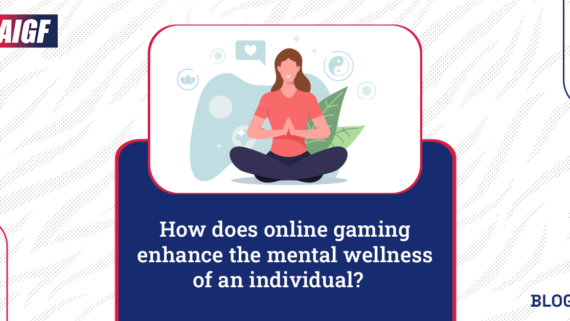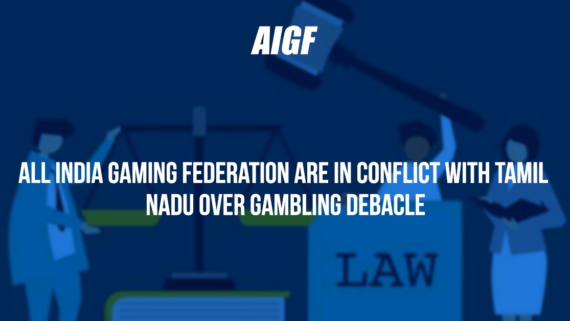The juxtaposition between online games of skill and online betting of money lays out the former’s integrity as far as its skill-based potential is dissimilar to the last option, which is a sheer result of chance. The ‘chance’ considered in online games of skill is redundant as results are highlighted by a participant’s domain knowledge, logical analysis, and interpretative methods — none of which are determinants of ‘luck’.
Online Skill Gaming FACTS
Despite the Supreme Court’s backing of online games of skill, confusion still exists in regards to its status. It’s time to unshackle this rising sector from the inclination that exists against it. The autonomy of misconstruing the socio-economic role of this sector is positively detrimental to its development potential.
Throughout recent decades, different courts have differentiated between games of skill and games of chance. In this manner, the previous can’t be delegated as pay-to-play. For example, concerning the State of Bombay v. RMD Chamarbaugwala, AIR 1957 SC 699: The Supreme Court of India held that—”It will suffice to say that we agree with the Court of Appeal that competition to avoid the stigma of pay-to-play must depend upon the exercise of skill.” Therefore, a competition’s success that does not depend to a substantial degree upon the exercise of skill is now recognized to be of a pay-to-play nature. ”
Moreover, the Madras High Court censured the Tamil Nadu government’s amendment of the Gaming Act that permitted forbidding online games with stakes. Chief Justice Sanjib Banerjee and Justice Senthil Kumar Ramamoorthy considered this an unconstitutional violation of Article 19(1)(g) of the Constitution of India (right to practice any profession, or right to carry on any occupation, trade, or business).
The juxtaposition between online games of skill and online betting of money lays out the former’s integrity as far as its skill-based potential is dissimilar to the last option, which is a sheer result of chance. The ‘chance’ considered in online games of skill is redundant as results are highlighted by a participant’s domain knowledge, logical analysis, and interpretative methods — none of which are determinants of ‘luck’.
From making an entertainment space to creating employment and reinforcing the development of the AVGC (Animation, Visual Effects, Gaming, and Comic) sector, online games of skill directly correspond with the Prime Minister’s vision of building a “Digital India”. As a matter of fact, following Finance Minister Nirmala Sitharaman’s declaration that a specialized team is positioned to screen this sector, an Inter-Ministerial Task Force (IMTF) has become an integral factor where specific ministers will team up to guarantee a unified system of seamless regulation.
Additional proof of the credibility of online skill-based games was accumulated through a study at MIT (Massachusetts Institute of Technology). A robust statistical framework was utilized for empirically assessing the hypothesis of “luck” to test whether the results are games of skill or chance. Curiously, with existing informational collections for a large number of occasions set up, it is presumed that selecting a team for fantasy sports requires a significant level of skill.
The digital idea of an online gaming platform encourages the development of multisport environments across social echelons. A blanket “ban” is, in this manner, most certainly not the most ideal solution.
Credit: APN News











Comments
Comments are closed.